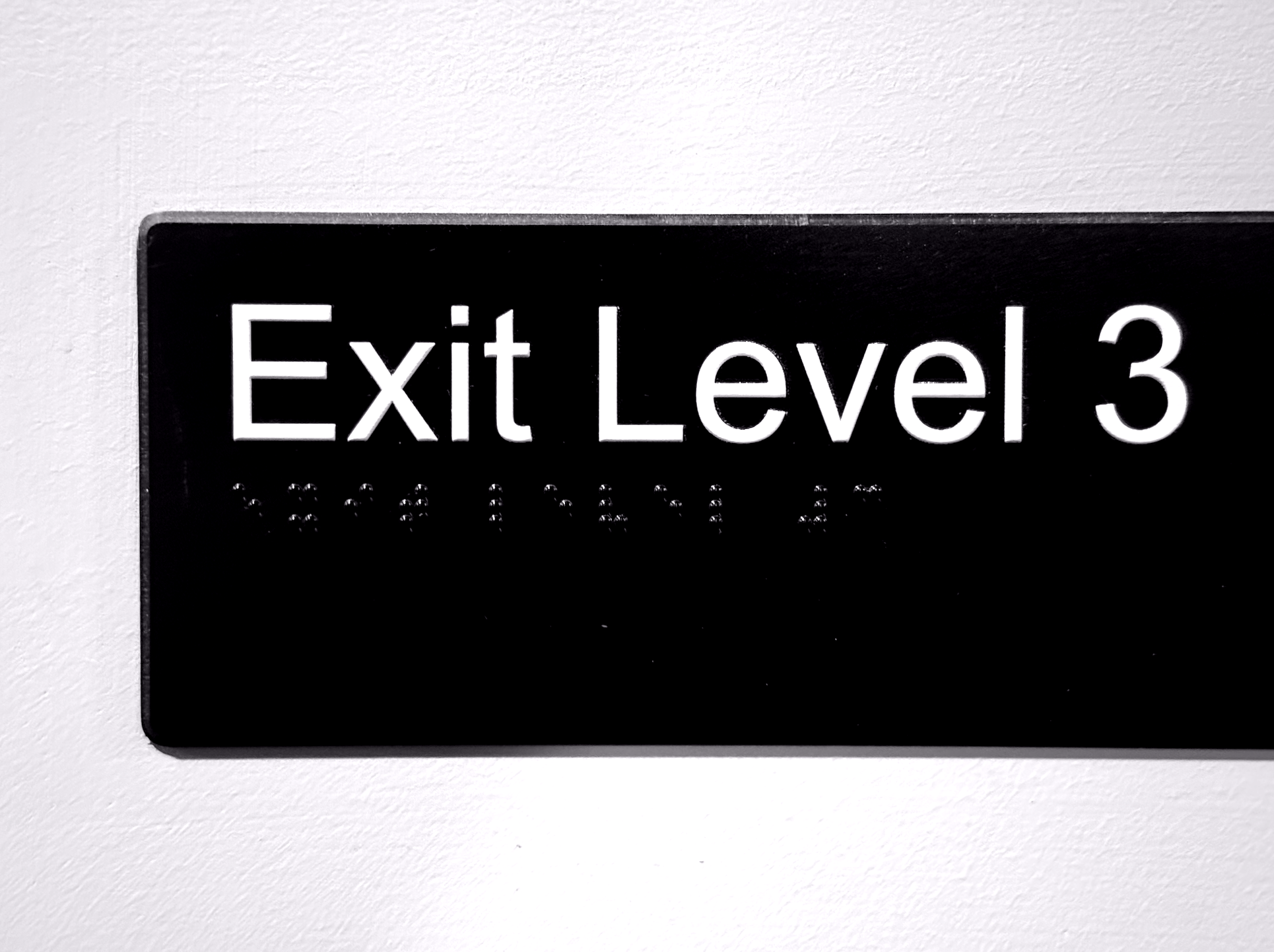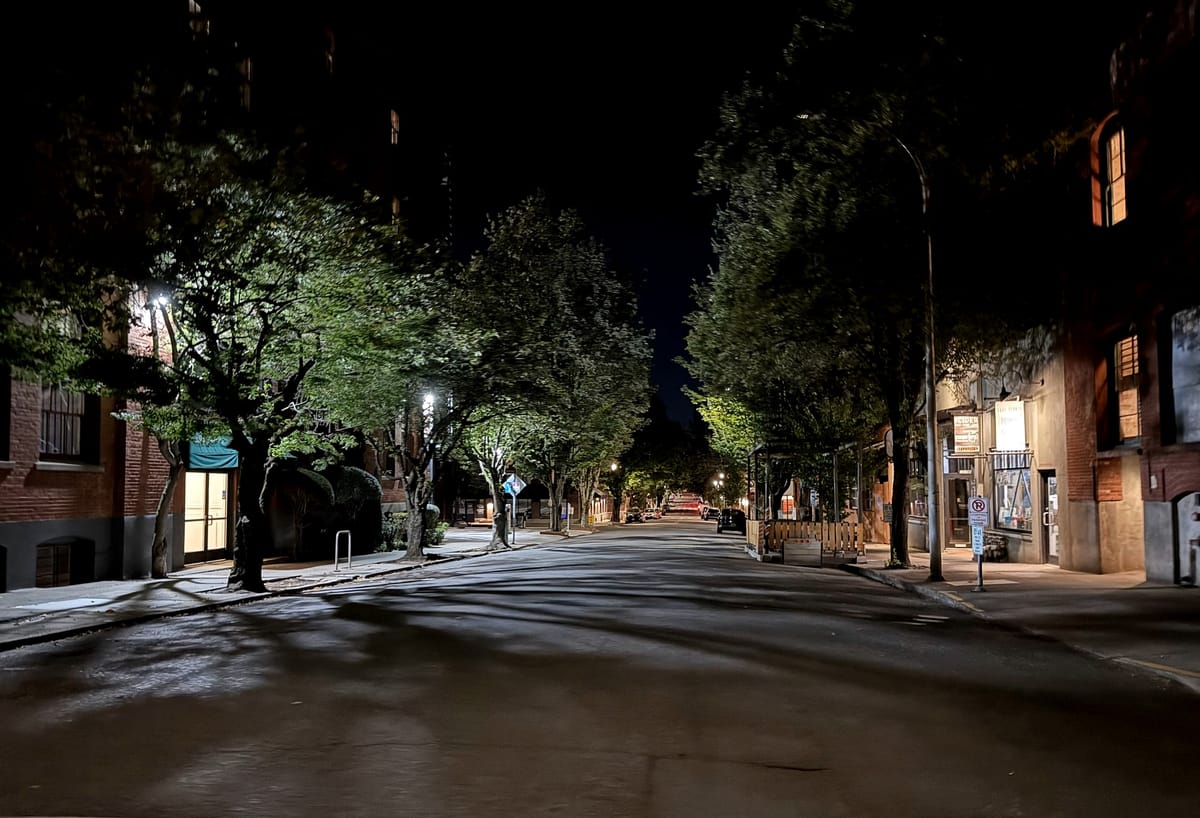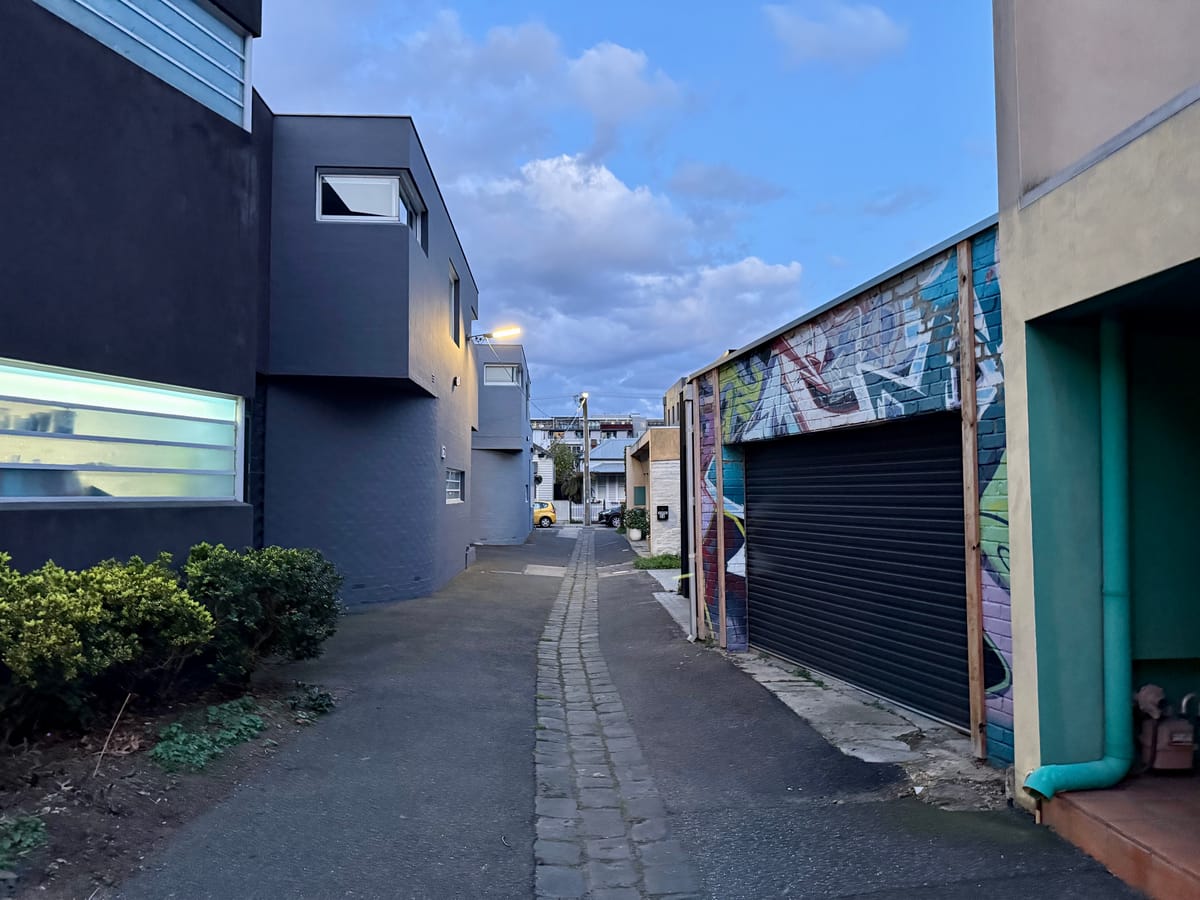2025 California Tenant Protection Act guide: Rent caps and just cause evictions explained
The California Tenant Protection Act sets statewide rules on rent increases and just cause evictions. We break down how the law works across California, using San Francisco as an example of where state and local protections overlap.

The California Tenant Protection Act (AB 1482) is a statewide law designed to strengthen tenant rights and stabilize housing across California. It went into effect on January 1, 2020 and is set to remain in force until January 1, 2030, unless extended by the Legislature.
At its core, AB 1482 provides two major protections for renters:
- Pat Just cause eviction rules that limit when a landlord can terminate a tenancy.
- Rent caps that restrict annual rent increases to 5% plus inflation (CPI), or 10%, whichever is lower.
The law was later amended by Senate Bill 567, which made adjustments to its enforcement and scope.

Sources and References
For further guidance and updates on AB 1482 and related tenant protections:
- AB-1482 Tenant Protection Act of 2019: tenancy: rent caps – Full pertinent legal text.
- San Francisco Rent Board – Information on reporting excessive rent increases and local rent control rules.
- California Department of Justice – Housing Page – Overview of statewide tenant rights.
- California Courts – Eviction Help – Tenant resources for navigating eviction cases.
- Tenant advocacy organizations and legal aid services – Free or low-cost legal advice for renters.
About AB 1482
AB 1482 was passed in response to California’s housing affordability crisis. Its purpose is to protect tenants from sudden, excessive rent hikes and unjust evictions, while still allowing landlords a reasonable return.
The law applies statewide, but if a city or county already has local tenant protections that go further—such as the San Francisco Rent Ordinance—those local rules take precedence.
Importantly, tenants cannot waive their rights under AB 1482. Any agreement attempting to sidestep its protections is considered void and unenforceable as a matter of public policy.
Eviction Protections (“Just Cause”)
Under AB 1482, landlords cannot terminate a tenancy without a valid reason once certain occupancy thresholds are met. The protections apply when all tenants have lived in the unit for at least 12 months, or when one tenant has lived there for 24 months or more.
The law defines two categories of “just cause”:
- At-Fault Just Cause: Includes nonpayment of rent, breach of lease terms, creating a nuisance, committing waste, engaging in criminal activity, refusal to renew a similar lease, or other violations of tenant obligations.
- No-Fault Just Cause: Covers situations where the tenant has not done anything wrong, such as when the owner or a close family member intends to move in, the property is withdrawn from the rental market, a government order requires the unit to be vacated, or the building is scheduled for demolition or substantial remodel.
When a no-fault eviction occurs, landlords must provide relocation assistance—either by paying tenants the equivalent of one month’s rent or waiving the final month’s rent before it becomes due.
Notably, the expiration of a lease or rental agreement is not, by itself, considered just cause for eviction under AB 1482.
Rent Cap Provisions
AB 1482 also limits how much landlords can increase rent in a given year. The cap is calculated as:
- 5% + the regional Consumer Price Index (CPI),
- or 10%,
- whichever is lower.
Additional limits apply: landlords may not raise the rent in more than two increments during a 12-month period, even if the total increase is within the legal cap.
For example, in San Francisco from August 1, 2025 to July 31, 2026, the maximum allowable increase is 6.3% (5% plus a 1.3% CPI adjustment).
Finally, AB 1482 includes an enforcement safeguard: if a landlord raised rent above the legal cap between March 15, 2019, and January 1, 2020, the rent was required to reset on January 1, 2020, to the March 2019 amount plus the maximum permissible increase.

Click here for a breakdown of the regional rent cap percentages effective August 2025 through July 2026.
Types of Housing Covered
AB 1482 applies broadly to most multi-unit residential rental properties across California. However, several categories of housing are exempt from its rent cap and just cause provisions:
- New construction: Units built within the past 15 years, on a rolling basis.
- Affordable housing: Units restricted by deed, regulatory agreement, or other recorded documents that limit affordability to low- or moderate-income households.
- Dormitories: Housing associated with schools or universities.
- Owner-occupied duplexes: Applies when the owner lives in one unit of the duplex.
- Single-family homes and condominiums: Only exempt if the property is owned by an individual (not a corporation, REIT, or certain LLCs) and tenants receive the required written notice of exemption.
In San Francisco, AB 1482 protections apply only where the local Rent Ordinance does not provide greater protections. Local rules will always take precedence when they are more protective of tenants.
Notices Required
Landlords of covered units must give tenants a written notice of their rights under AB 1482. This requirement ensures tenants are aware of both the rent caps and the just cause eviction protections.
- For tenancies beginning or renewed on or after July 1, 2020: The notice must appear as an addendum to the lease or as a separate written notice signed by the tenant.
- For tenancies that existed before July 1, 2020: The notice was required to be provided by August 1, 2020.
The mandatory notice language reads:
“California law limits the amount your rent can be increased. See Section 1947.12 of the Civil Code for more information. California law also provides that after all of the tenants have continuously and lawfully occupied the property for 12 months or more or at least one of the tenants has continuously and lawfully occupied the property for 24 months or more, a landlord must provide a statement of cause in any notice to terminate a tenancy. See Section 1946.2 of the Civil Code for more information.”
For exempt single-family homes or condos, landlords must also provide a separate exemption notice in the rental agreement. If this notice is not given, the property is treated as covered by AB 1482.

Damages and Enforcement
AB 1482 includes clear penalties for landlords who violate its provisions. Tenants have the right to bring civil actions in state court if they experience unlawful rent increases or evictions.
Possible remedies include:
- Actual damages for financial losses suffered.
- Attorney’s fees and court costs, at the court’s discretion.
- Enhanced damages: up to three times the tenant’s actual damages if the landlord is found to have acted willfully or with oppression, fraud, or malice.
While tenants in San Francisco may file a Report of Excessive Rent Increase with the Rent Board, the Board cannot enforce AB 1482 or hold hearings under it. Only state courts have enforcement power.
How AB 1482 Works in San Francisco
In San Francisco, AB 1482 operates alongside the city’s stronger Rent Ordinance. This means:
- If a unit is covered by local rent control or just cause eviction rules, those local protections take precedence.
- AB 1482 applies only to units not otherwise protected by San Francisco law, filling in coverage gaps.
For rent increases, the current AB 1482 cap in San Francisco is 6.3% for the period August 1, 2025 – July 31, 2026. This reflects the statewide formula of 5% plus regional CPI (in this case, a 1.3% CPI increase for the Bay Area).
Tenants who believe their rent increase exceeds the cap may submit a report to the Rent Board, which will notify the landlord of the applicable law. However, tenants who want to challenge the increase or eviction must pursue the matter in state court or with the help of a tenant advocacy group.
Expiration and Future Outlook
The protections of AB 1482 are temporary. Unless extended or replaced by new legislation, the law will expire on January 1, 2030.
Before that date, the Legislative Analyst’s Office (LAO) is required to submit a report evaluating the law’s effectiveness, including the impact of the rent cap and just cause eviction protections on California’s housing market. This review will help determine whether AB 1482 should be renewed, revised, or allowed to sunset.
Given the ongoing housing crisis in California, it is possible that the Legislature may move to extend or strengthen these protections beyond 2030. Tenants and landlords alike should stay informed about potential changes in the years ahead.
Sources and References
For further guidance and updates on AB 1482 and related tenant protections:
- AB-1482 Tenant Protection Act of 2019: tenancy: rent caps – Full pertinent legal text.
- San Francisco Rent Board – Information on reporting excessive rent increases and local rent control rules.
- California Department of Justice – Housing Page – Overview of statewide tenant rights.
- California Courts – Eviction Help – Tenant resources for navigating eviction cases.
- Tenant advocacy organizations and legal aid services – Free or low-cost legal advice for renters.









